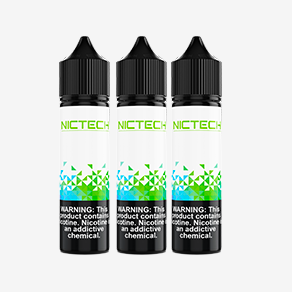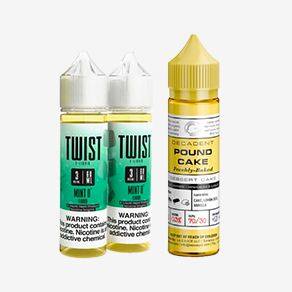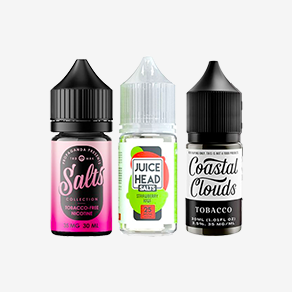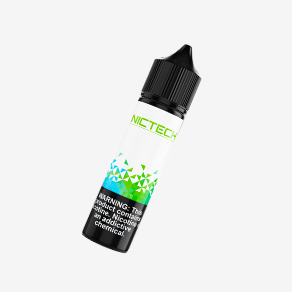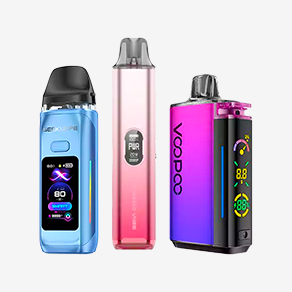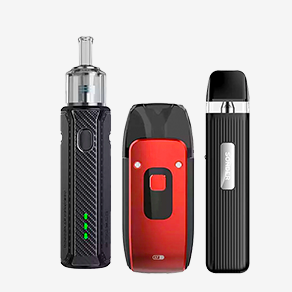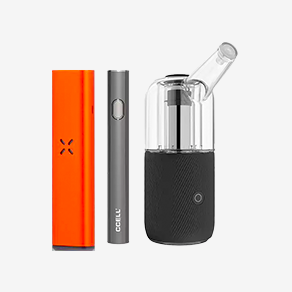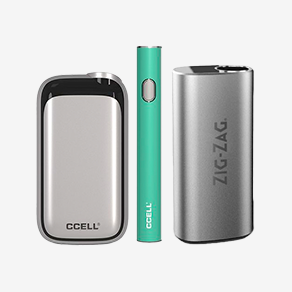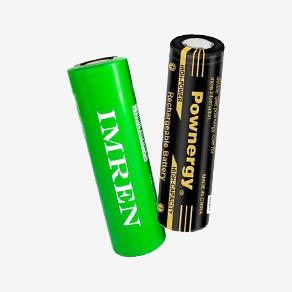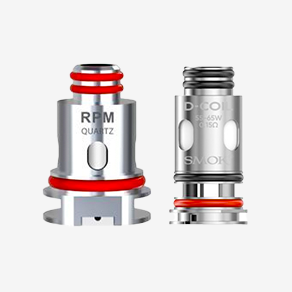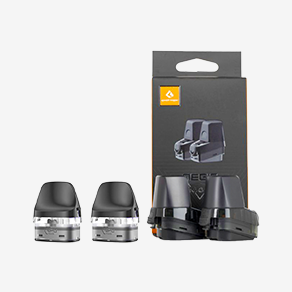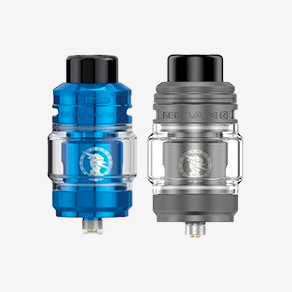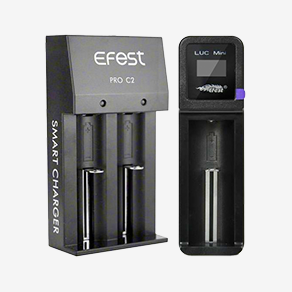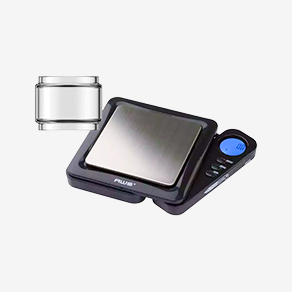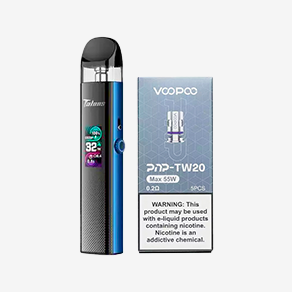For years, smokers have been slammed with higher health insurance premiums. To make matters worse, these rates are going up even higher because of the Affordable Care Act—more commonly referred to as ObamaCare.
The penalties assigned to smokers by insurers are steep. Under ObamaCare, smokers, on average, will pay 50% more than non-smokers for the same health plans due to a "tobacco surcharge" (beginning in 2015). And unfortunately, smokers who seek out health insurance privately will not find the situation much better outside the public marketplace.
Inflated insurance premiums for smokers is not anything new, and it kind of makes sense considering that tobacco use greatly increases a person's susceptibility to laundry list of medical problems, strokes and heart conditions. These health issues, along with the financial strain, is giving smokers yet one more reason to switch to customizable e-cigarettes.
Many people agree that e-cigarettes are a better alternative to tobacco products, but what about insurers? Keep reading to learn about how electronic smoking can impact your life, your health, and your insurance payments…
Life Insurance – "It's all smoking," they say
A 2014 survey by Munich American Reassurance Company found that of the 150 life insurance underwriters queried, nearly nine in 10 think that people who use e-cigarettes should be lumped in with tobacco smokers.
Why? Besides the fact that it puts more cash in insurers' deep pockets, the legalities surrounding electronic smoking are still hazy and unclear. Specifically, insurers are concerned about three factors:
- E-cigarettes are new. Because e-cigarettes have only been in the U.S. since 2007, insurers are unsure about their long-term benefits and whether to classify them as an effective smoking cessation tool or an unhealthy nicotine delivery device.
- Electronic smoking is controversial. There is little to no general consensus on electronic smoking, which makes insurers uneasy. Proponents advocate the use of e-cigarettes to provide safe alternatives to smoking, while opponents argue that the devices get kids and non-smokers addicted to tobacco.
- The devices are unregulated. Lastly, the Food and Drug Administration has been slow to make a decision about the regulation (and taxation) of e-cigarettes. In April 2014, the FDA* finally proposed to extend its oversight to include electronic smoking devices – however, the timeline for implementing this final rule remains up in the air. Learn more about the most recent FDA* regulations on e-cigarettes in our knowledge center.
Until these issues are resolved, most life insurance carriers are unlikely to shift their stance on e-cigarettes and their connection to tobacco smoking. As Munich RE states: "While the long-term health risks associated with e-cigarettes remain unclear, most insurers are erring on the side of caution in order to appropriately price and manage risk."
Health Insurance & Obamacare – A "Grey" Area
Like life insurers, most health insurance carriers are taking the cautious approach to electronic smoking. Under the guidelines of President Obama's new healthcare system, insurance companies are only allowed to take four factors into consideration when selling health plans: a person's age, geographic location, family size and tobacco use.
However, unlike determining an applicant's age and where they live—fairly straightforward questions—regulating tobacco use is a bit trickier. When quoting a premium, most health carriers simply ask ambiguous questions that leave it up to the applicant whether or not they feel they should report their electronic smoking habit.
For instance, when asked "Do you use tobacco products?", electronic smokers can truthfully answer no since e-cigarettes don't contain tobacco. Similarly, since the FDA* does not regulate e-cigarettes as such, they would not technically qualify under the question "Do you use any smoking cessation products?"
Ultimately, it all boils down to your definition of a "smoker" – or in this case, how your insurer defines the term too. Some insurance carriers simply avoid the confusion by turning a blind eye to electronic smoking altogether.
The Wrap Up
While this article is not intended as legal advice, and electronic smokers should seek out additional research and counsel before completing an insurance application, hopefully it helped provide a clearer picture of the added costs of smoking and where e-cigarettes currently fit into the transformation of the U.S. healthcare system.
If you're considering an alternative to smoking, you can find more information about electronic smoking by checking out our blog and knowledge center. Also, feel free to shop in our online store to pick out your very own customizable e-cigarette!






